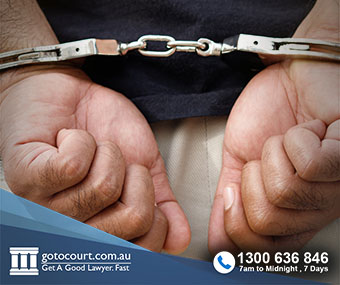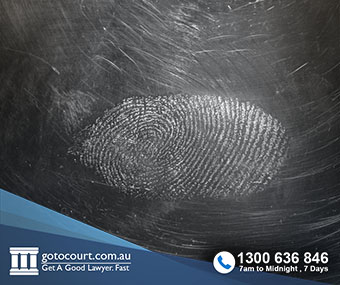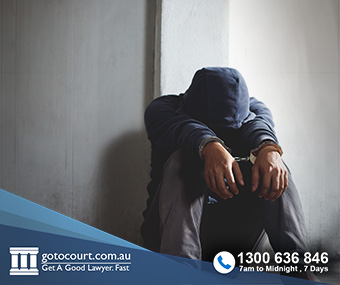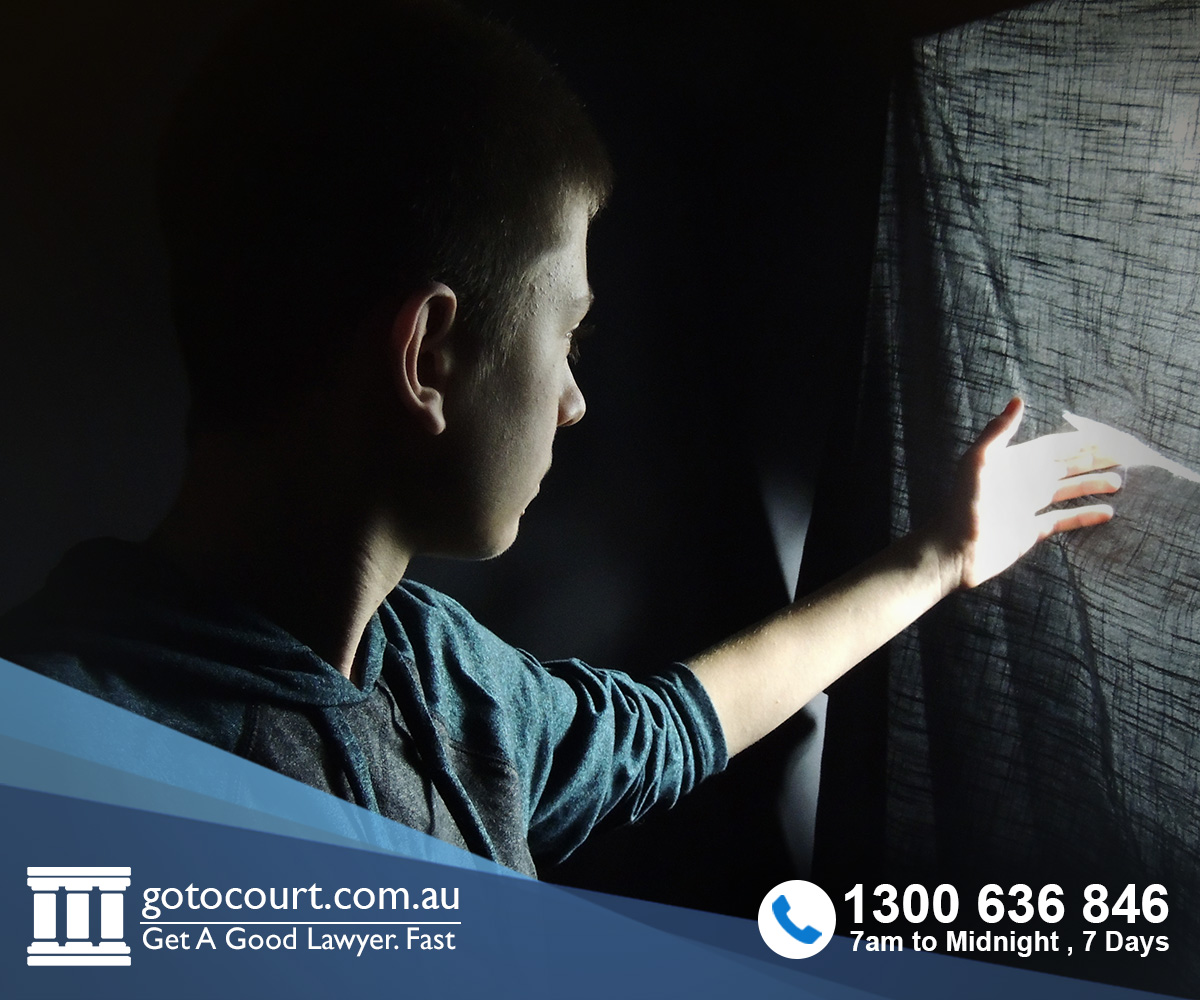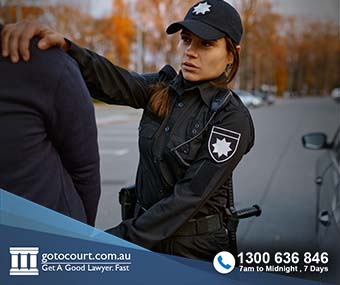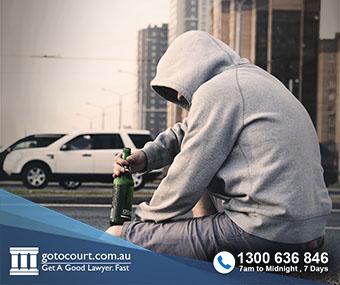Police Interviews (Qld)
When the police suspect a person has committed an offence, they may ask the person to participate in an interview. Participation in police interviews is voluntary and suspects have the right to remain silent. Anything a suspect says to the police may be used as evidence against them during any ensuing court proceedings. However, police can require a person to give their name, address and date of birth and failing to provide these details may result in being charged with an offence.
In order for evidence obtained during police interviews to be admissible in court, the police must abide by numerous procedural rules to ensure the suspect’s rights are not impinged. Failure to abide by these rules can lead to a police interview being ruled inadmissible as evidence.
The right to silence
Under the Police Powers and Responsibilities Act 2000 (Qld), suspects have the right to remain silent when questioned by the police. This is because it is for the police to prove an offence has been committed and a suspect should not be compelled to incriminate themselves. A person is within their rights to remain silent or say ‘no comment’ when questioned by the police.
When a matter proceeds to trial, if the suspect has declined to answer the police’s questions, the jury must be directed that no adverse inference should be drawn against the accused person for not providing their version of events to police.
No matter the circumstances of a person’s arrest and questioning, they can invoke the right to silence. However, there is an exception to the right to silence in respect of basic questions that are used to establish a person’s identity. You may be committing an offence in certain circumstances if you refuse to answer questions such as:
- Your name, address and date of birth; or
- Questions in relation to the witnessing of an accident.
Police must caution suspects
If police suspect that you have committed an indictable offence, then they must caution you about your right to remain silent. This means that before questioning you, police must tell you that any statements you make might be used as evidence against you.
Police must be satisfied that you understand the caution.
Admissions must be voluntary
Any admissions made by a suspect must be made voluntarily in order to be admissible in court. This means that police cannot use threats or promises of any kind to force participation in police interviews. It also means that police must ensure the needs of suspects are met. If a suspect requires an interpreter, police must provide one. Police must not question a person with impaired capacity without a support person, and they must not question a person who is under the influence of alcohol or drugs or a person who is sick or injured. When questioning children, police generally must ensure an independent adult is present. All of these precautions ensure that a suspect is answering the police’s questions from choice and not because they have been intimidated, do not understand their rights, or are otherwise compromised by the circumstances of the interview.
If the police fail to abide by any of these rules, the defence can challenge the admissibility of any admissions resulting from the interview in a pre-trial proceeding called a voir dire. If the court is satisfied that the police obtained the admissions improperly, it will rule the evidence inadmissible and exclude it from the trial.
Record of police interviews
Police questioning can occur in a formal interview setting at a police station or in an informal setting, such as at your home, while they are investigating a matter or executing a warrant. You may be formally interviewed by police after being arrested and detained in relation to an indictable offence, or you may be invited to attend an interview voluntarily. Formal police interviews must be recorded electronically, including the cautions provided by police.
If police question you about an indictable offence, they must allow you to contact a support person, which can be a friend or relative, and a lawyer. You can arrange for that person to be present with you during your formal interview. Police cannot listen to the conversation you have with your lawyer. However, police can exclude your support person from the interview if they try to interfere with the interview.
You should obtain independent legal advice before making any confessions or participating in a formal interview. You may think that you know the law and do not require a solicitor, however you may accidentally admit something that provides police with evidence to support a charge. It is advisable that you have the lawyer present with you during the interview if possible, a lawyers are trained to challenge improper questions put to you by police and to ask for clarification.
Summary
You should remember that while police can approach you at any time, you are only obliged to answer basic questions. If police ask you to participate in an interview, you should exercise your right to silence and seek immediate legal advice. You should remember that regardless of whether you accompany police to the police station and participate in a formal interview, the information that you provide to police can be used against you. Police may be able to use what you have said to them to decide whether to arrest and charge you, as well as using anything you have said against you as evidence at a later stage.
If you require legal advice or representation in a criminal matter or in any other legal matter, please contact Go To Court Lawyers.

